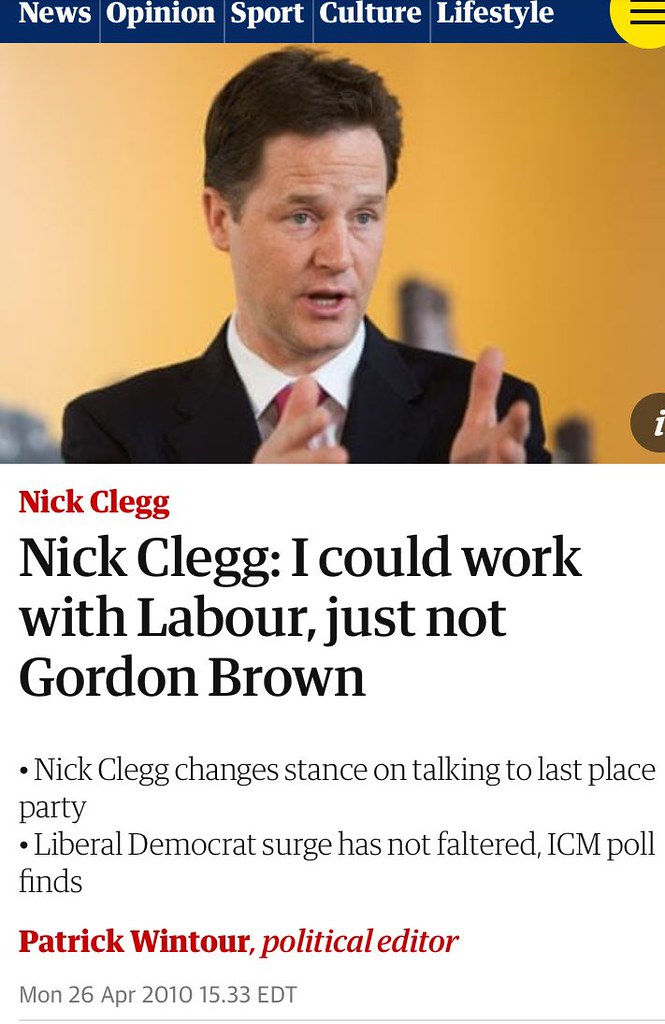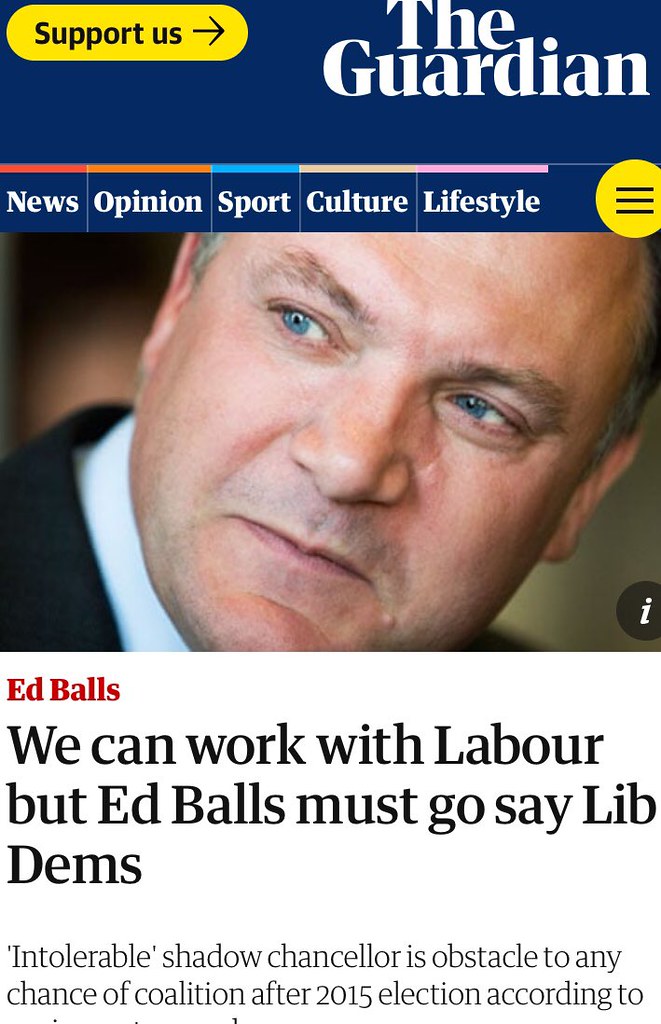Steven Toy
Accuphase newbie
A PFM member and friend (although I've not spoken to.him for a long time) told me while he was visiting me that the era of neoliberalism was coming to an end. This was in 2012, in the wake of the recession following the banking crash in 2008.
At that time, the far right fringes of the Tory Party (the ones basically in power now) had spoken against bailing out the banks with public money, presumably so we would have an even deeper depression which would create more buying opportunities and allow them to fulfill their goal outlined in Rees-Mogg Senior's book "Blood on the Streets."
The far left also saw this as an opportunity for socialism to replace neoliberalism as the model for our economy. (They deliberately polarise the debate to exclude the regulated markets option espoused by the European Union.) Presumably the population as a whole would regard socialism as the better option once capitalism had failed and the ultra wealthy had cleaned up at their expense. The anger on the part of the masses may even herald a revolution.
The fact that history shows that economic turmoil usually causes the general population to lurch to the right rather than the left as they seek, at the behest of some opportunist demagogue, to blame foreigners and perceived traitors for their woes, seems to be lost on those of the far left.
Fast forward to the present day and a no-deal Brexit presents exactly the same opportunities as the financial crash 11 years ago and both the far left and far right are seemingly excited by what may arise from the chaos and crisis.
Whilst Jeremy Corbyn is indeed a very nice chap, a man of principle and compassion unlike the current occupant of No 10, he has his own puppet master, Seamas Milne who is likely just as devious if less shouty than Cummings.
The leaders of the two main parties are both basically puppets to their advisors.
If this is reading like pure tinfoil-hat nutjobbery to some, why is it that Jeremy Corbyn, as instructed by his advisor, refuses to allow anyone other than himself to lead a government of national unity when he knows very well that he would fail to secure the backing of Parliament? He simply doesn't have the numbers. Jo Swinson may appear to be obstructive but she is only laying out the facts.
As much as I like Corbyn as a person, if he died peacefully in his sleep tonight the Brexit crisis would be over because he is the only Labour politician who is able to command support of the predominantly Remainer grassroots party members despite being a Leaver.
Moreover, there is any number of potential alternative candidates who could command a majority in Parliament and lead a government of national unity, including the Speaker.
Pretty much any other person leading the Labour Party would unite the Remain vote in this country and the Tories would be toast. Milne wants a crash-out Brexit, even if Corbyn doesn't. He knows that the Remain vote is split and he wants to.keep it that way.
If Johnson died in his sleep he would simply be replaced by another fanatical English nationalist Tory, probably Dominic Raab.
That leaves Corbyn as the instrument of hard Brexit, if only by default.
At that time, the far right fringes of the Tory Party (the ones basically in power now) had spoken against bailing out the banks with public money, presumably so we would have an even deeper depression which would create more buying opportunities and allow them to fulfill their goal outlined in Rees-Mogg Senior's book "Blood on the Streets."
The far left also saw this as an opportunity for socialism to replace neoliberalism as the model for our economy. (They deliberately polarise the debate to exclude the regulated markets option espoused by the European Union.) Presumably the population as a whole would regard socialism as the better option once capitalism had failed and the ultra wealthy had cleaned up at their expense. The anger on the part of the masses may even herald a revolution.
The fact that history shows that economic turmoil usually causes the general population to lurch to the right rather than the left as they seek, at the behest of some opportunist demagogue, to blame foreigners and perceived traitors for their woes, seems to be lost on those of the far left.
Fast forward to the present day and a no-deal Brexit presents exactly the same opportunities as the financial crash 11 years ago and both the far left and far right are seemingly excited by what may arise from the chaos and crisis.
Whilst Jeremy Corbyn is indeed a very nice chap, a man of principle and compassion unlike the current occupant of No 10, he has his own puppet master, Seamas Milne who is likely just as devious if less shouty than Cummings.
The leaders of the two main parties are both basically puppets to their advisors.
If this is reading like pure tinfoil-hat nutjobbery to some, why is it that Jeremy Corbyn, as instructed by his advisor, refuses to allow anyone other than himself to lead a government of national unity when he knows very well that he would fail to secure the backing of Parliament? He simply doesn't have the numbers. Jo Swinson may appear to be obstructive but she is only laying out the facts.
As much as I like Corbyn as a person, if he died peacefully in his sleep tonight the Brexit crisis would be over because he is the only Labour politician who is able to command support of the predominantly Remainer grassroots party members despite being a Leaver.
Moreover, there is any number of potential alternative candidates who could command a majority in Parliament and lead a government of national unity, including the Speaker.
Pretty much any other person leading the Labour Party would unite the Remain vote in this country and the Tories would be toast. Milne wants a crash-out Brexit, even if Corbyn doesn't. He knows that the Remain vote is split and he wants to.keep it that way.
If Johnson died in his sleep he would simply be replaced by another fanatical English nationalist Tory, probably Dominic Raab.
That leaves Corbyn as the instrument of hard Brexit, if only by default.




